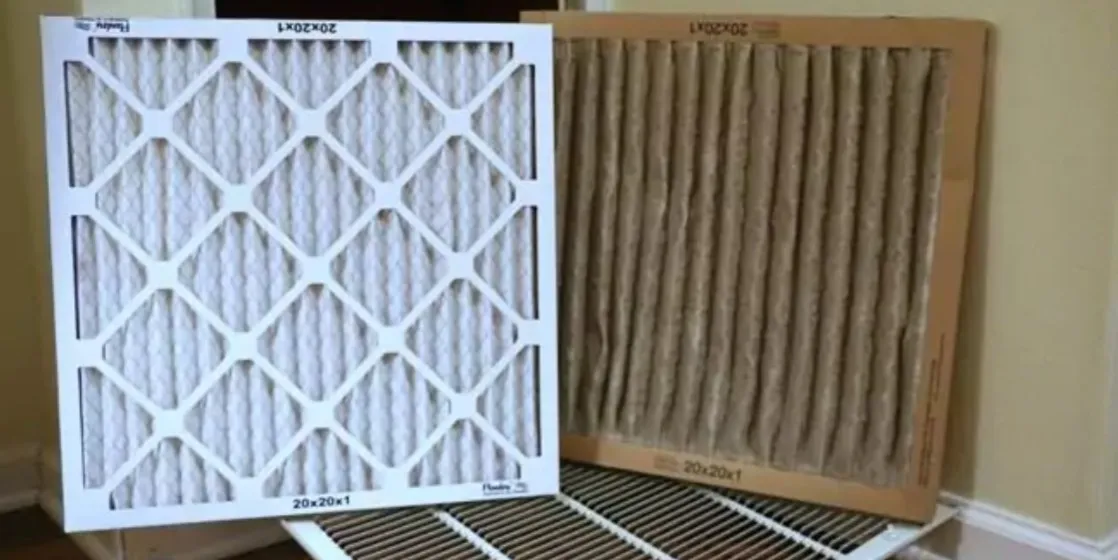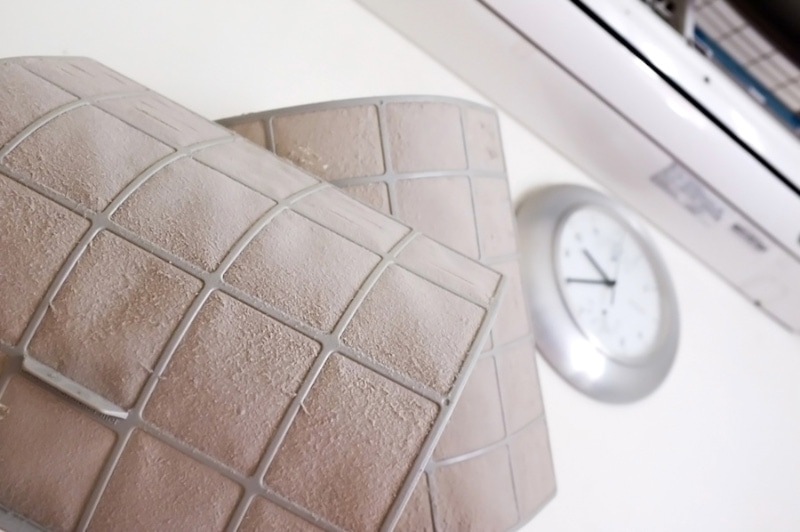

HVAC Filters Getting Clogged Often? This persistent problem can impact your indoor comfort and your HVAC system’s lifespan. This comprehensive guide dives into the critical issue of clogged HVAC filters and offers actionable solutions for improved airflow and energy efficiency. We’ll cover the causes, consequences, and effective maintenance strategies to keep your filters clean and your HVAC system running smoothly. This article will outline a step-by-step approach to HVAC filter maintenance, identifying common causes of clogged filters and providing practical strategies for prevention and timely resolution. This will be broken down into sections focusing on preventative maintenance, cleaning procedures, and when professional help is needed.
Understanding the Problem: Why HVAC Filters Get Clogged
Common Causes of Clogged Filters
Regularly clogged HVAC filters are a frequent problem, impacting air quality, efficiency, and the lifespan of your HVAC system. Several factors contribute to this issue. Dust, pet dander, pollen, and other airborne contaminants are major culprits, leading to a gradual build-up over time. Poor maintenance practices, such as infrequent filter changes, also significantly impact clogging frequency. The amount and type of debris in your local environment, such as excessive pollen during allergy season, or high levels of dust from construction work, will affect the rate at which your filters get clogged.
Impact on Airflow and Efficiency
A clogged HVAC filter restricts airflow, forcing the system to work harder. This reduced airflow directly translates to lower efficiency and higher energy bills. Imagine having to push a heavy wagon across a rough road; a clogged filter is analogous to having obstacles that reduce airflow. The increased strain on the system can lead to premature wear and tear, necessitating costly repairs or replacements down the line.
Health Implications
Poor indoor air quality due to clogged filters can have adverse health effects. The accumulated dust, pollen, and other allergens can trigger allergies, asthma attacks, and other respiratory issues. This can lead to increased discomfort, reduced productivity, and decreased overall well-being for occupants.
Related Post : Roof Leaks Developing After Storms? How to Identify and Repair Quickly
Preventative Maintenance Strategies
Regular Inspection and Replacement
Developing a routine for inspecting and replacing your filters is paramount. Check the filter regularly for visible signs of buildup. Refer to your HVAC system’s manual for recommended replacement intervals, as these can vary depending on factors like the type of filter, climate, and usage. A visual inspection is quick and easy; if you see substantial build up, it’s time to change it immediately. Consider using a checklist or scheduling reminders to ensure your routine becomes part of your HVAC maintenance checklist.
Choosing the Right Filter Type
The type of filter you select significantly impacts its lifespan and effectiveness. High-efficiency particulate air (HEPA) filters are more expensive but more effective at removing smaller particles. Understanding the specific needs of your home, considering factors like allergies and existing HVAC systems, will lead to optimal performance and longer filter lifespan. By carefully considering which filter type best suits your unique situation, you’re taking an active role in improving your HVAC system’s efficiency.
Environmental Considerations
The outside environment plays a crucial role in the frequency of filter replacements. High levels of allergens in the air, such as pollen or dust, will increase the amount of debris accumulated on the filter. During periods with high allergen counts, such as pollen season, consider changing your filters more frequently to ensure optimal indoor air quality and system performance. Adjust your filter replacement schedule based on environmental changes for improved overall efficiency and comfort.
Effective Cleaning Procedures
Proper Filter Cleaning Techniques
Cleaning your filters correctly is essential, but not every type of filter can be cleaned. Read your owner’s manual to understand whether you should clean or replace your air filters. Avoid using harsh chemicals or detergents. For washable filters, a gentle solution of warm water and mild detergent works best. Rinse thoroughly and let them dry completely before reinstalling them. If in doubt, it’s always better to replace the filter rather than attempt cleaning a filter that isn’t designed to be cleaned.
When Professional Help is Needed
Recognizing Signs of Major Issues
Despite your best efforts, sometimes clogged filters or airflow issues necessitate professional intervention. A persistent and unusual reduction in airflow, regardless of filter maintenance, may signal underlying issues within the HVAC system. Abnormal noises from the system, accompanied by clogged filters, is another red flag that requires professional attention. If you experience consistent issues despite regular maintenance, schedule an appointment with a qualified HVAC technician to identify and address the root cause.
Addressing Specific HVAC System Needs
Special Considerations for Different HVAC Systems
Different HVAC systems have varying filter needs. For example, central air systems may require different filter replacement schedules than portable units or window units. Understanding the specific requirements of your HVAC system is vital for maintaining optimal performance. Consult your HVAC system manual for detailed guidance on filter types, maintenance intervals, and troubleshooting procedures. This will ensure your specific system receives the proper care for peak performance.
Understanding the Cost-Effectiveness
Long-Term Savings
Regular HVAC maintenance and filter changes can lead to significant long-term savings. Preventative measures can extend the life of your system by reducing wear and tear and preventing costly repairs down the line. By investing time and resources in consistent filter maintenance, you’ll save money over time.
Additional Tips and Tricks
Keeping Your Home Clean
Maintaining a clean home is an essential aspect of efficient filter maintenance. Regular cleaning of rooms, and removal of dust and debris, contribute to a healthier indoor environment. By minimizing dust and other contaminants in the home, you lessen the load on the filter, resulting in reduced clogs and improved overall efficiency.
Identifying Common Mistakes
Avoiding Pitfalls
One common mistake is neglecting regular filter inspections and replacements. Prioritizing a routine maintenance plan can significantly enhance the lifespan of your HVAC system and improve overall indoor air quality. Another common error is not selecting the right filter type for your specific needs. Understanding the different filter types and selecting the appropriate one can optimize airflow and prolong filter life.
Beyond the Basics
Advanced Techniques
For homeowners seeking advanced solutions, considering advanced filtration systems, such as HEPA filters, could be beneficial in effectively trapping smaller particles and allergens from the air. These systems can lead to a substantial improvement in indoor air quality, improving comfort for allergy sufferers or those with respiratory conditions, and increasing efficiency of the HVAC system.
In conclusion, HVAC filter maintenance is crucial for maintaining optimal indoor air quality and HVAC system efficiency. By following these preventative maintenance tips, you can significantly reduce the frequency of clogged filters and ensure your system runs smoothly. Remember to regularly inspect your filters, change them as needed, and consider an air filter replacement schedule. Schedule an HVAC maintenance check-up to ensure your system is functioning at peak performance. For more HVAC tips and solutions, visit our website or call us today!